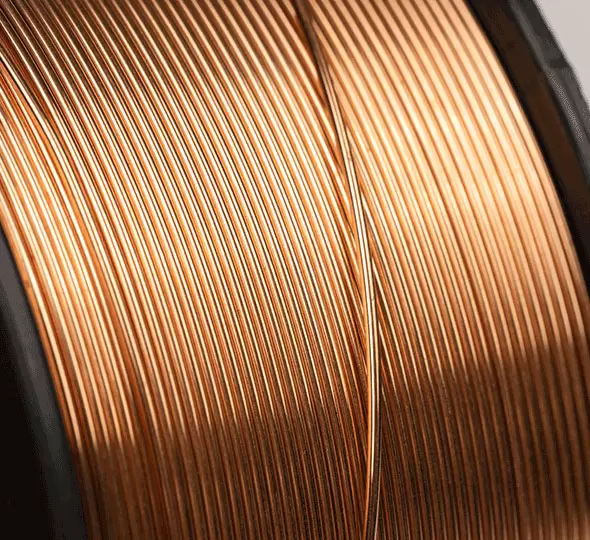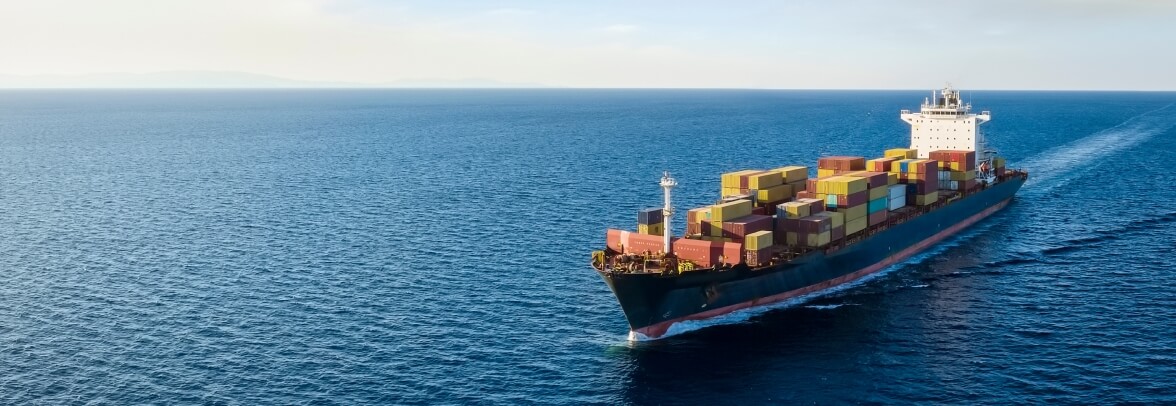Critical Shipbuilding Welding Materials: Ensuring Strength, Durability, and Safety at Sea
2025-04-18
Shipbuilding is an intricate and demanding process that requires high-quality welding materials to ensure the integrity, durability, and safety of a vessel. In the maritime industry, welding plays a pivotal role in constructing ships that must endure extreme mechanical stresses, harsh environmental conditions, and constant exposure to seawater. The selection of the right shipbuilding welding material is critical to creating a ship that will stand the test of time. This article Longteng explores the factors influencing shipbuilding welding material selection,, shedding light on the essential role they play in modern maritime construction.
What are Shipbuilding Welding Materials?

Shipbuilding welding materials are specialized products used to create strong, reliable welded joints during the construction and repair of ships. These materials, which include welding wires, rods, fluxes, and electrodes, are tailored to meet the specific challenges of welding in a marine environment. Given the exposure to corrosive seawater, the constant mechanical stress of waves, and the varied temperatures a ship may encounter, the materials used in welding must possess certain qualities, including high strength, corrosion resistance, and excellent weldability. The primary goal of shipbuilding welding materials is to ensure that the welded joints are capable of withstanding mechanical stresses and corrosive conditions over the lifetime of the ship. The selection of the right welding material can significantly influence the ship's overall strength, durability, and safety, which is why shipbuilders carefully consider the requirements of each part of the vessel and the materials being welded. Some of the most commonly used shipbuilding welding materials include different grades of steel alloys, stainless steel, aluminum alloys, and flux-cored and metal-cored welding wires. Each of these materials is designed to meet specific needs in shipbuilding, whether it's for structural integrity, resistance to corrosion, or the ability to withstand high-temperature environments.
Key Considerations When Choosing Shipbuilding Welding Materials
The selection of shipbuilding welding materials is crucial to ensuring the structural integrity and longevity of the vessel. Several factors must be taken into account when choosing the appropriate welding material for a specific application:
1. Corrosion Resistance
Ships operate in a marine environment where exposure to seawater and chemicals is constant. Therefore, one of the most critical considerations when selecting shipbuilding welding materials is corrosion resistance. Materials like stainless steel are essential for applications where components are exposed to water, as they provide long-lasting protection against rust and degradation. Additionally, coatings and special alloys may be used to further enhance corrosion resistance.
2. Mechanical Strength
The welded joints must be able to withstand the mechanical stresses exerted on the ship. The hull, decks, and structural components are particularly susceptible to forces from waves, wind, and cargo, so the shipbuilding welding materials chosen must offer high tensile strength and impact resistance. Steel alloys, particularly HSLA steels, are often chosen for their ability to absorb high-impact loads and maintain their strength over time.
3. Weldability and Ease of Use
Shipbuilding welding materials involve a variety of welding processes, and some materials are easier to work with than others. For instance, mild steel and steel alloys are relatively easy to weld and offer good workability. On the other hand, materials like aluminum require specialized techniques to prevent distortion and ensure a high-quality weld. The ease of welding and the productivity of the process should be considered when choosing the right material for the job.
4. Thermal Resistance
Certain areas of the ship, such as the engine room, exhaust systems, and boiler rooms, are exposed to high temperatures. For these applications, welding materials with high thermal resistance are needed. Stainless steel and aluminum alloys are commonly used in such high-temperature environments, as they maintain their strength and stability even when exposed to heat.
5. Environmental Conditions
Shipbuilding welding materials must also be chosen based on the environmental conditions in which the ship will operate. For example, ships operating in tropical climates may need materials that can withstand extreme heat, while vessels in cold climates may require materials that resist embrittlement at low temperatures. It is crucial to choose materials that can withstand the specific conditions of the operating environment without compromising weld integrity.
Shipbuilding welding materials are essential to the creation of robust and durable ships that can withstand the challenges of the maritime environment. Whether it's the strength of steel alloys, the corrosion resistance of stainless steel, or the lightweight properties of aluminum alloys, each material serves a unique purpose in ship construction. By choosing the appropriate welding material for each application, shipbuilders ensure the long-term reliability and safety of the vessel. The right materials, combined with the latest welding techniques, play a crucial role in the performance and durability of modern ships.





















 Email
Email